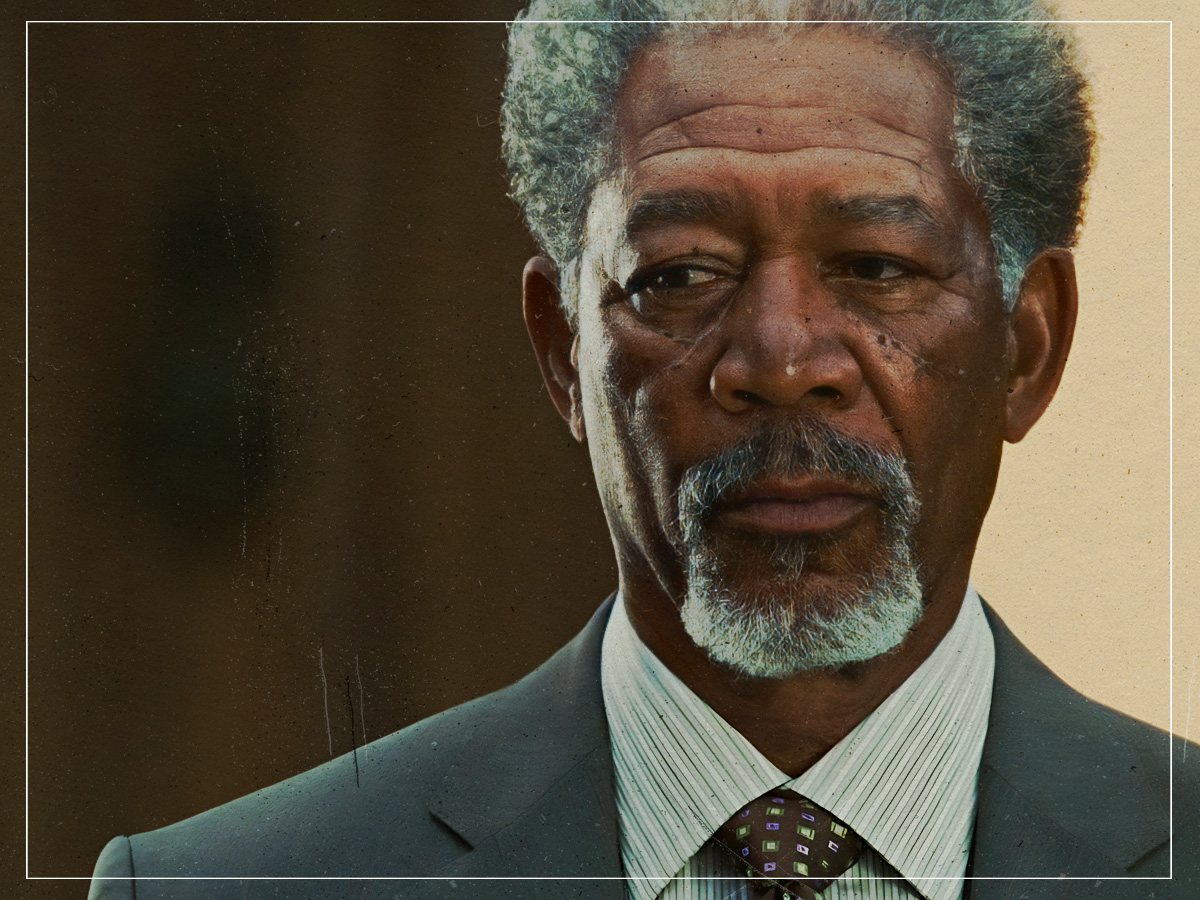There aren’t many actors in Hollywood or beyond that can boast a career as thick with roles and genuine cinematic moments for the history books as Morgan Freeman.
Freeman has continually delivered high-class performances in whatever role he has been given. Everything from his earliest moments on the theatre stage, to his moves into television, on to massive Hollywood productions and the sweet, soulful brilliance of his narration gigs, Freeman approaches it all with authentic reverence.
Even though it endures as one of the most iconic roles in a career defined by memorable performances across almost every genre, Morgan Freeman has developed an unusual relationship with one beloved cinematic classic in particular.
Inexplicably underperforming at the box office during its initial theatrical release, The Shawshank Redemption was quickly lauded as one of the best films of the 1990s, with its hopeful and uplifting message ensuring it’s as popular today as it ever was.
Freeman notched an Academy Award nomination in the ‘Best Actor’ category for his work as Ellis ‘Red’ Redding, and The Shawshank Redemption is undoubtedly one of the most beloved titles to have ever emerged from Hollywood.
In an interview with The Hollywood Reporter, the star admitted that once he’d read the screenplay, he was ready to do whatever was asked of him once cameras were rolling. “The script for The Shawshank Redemption was excellent, I was willing to do anything in that movie that I was asked to do,” he said. “I was very surprised when my agent said, ‘They want you to be Red.’”
Of course, that’s because the character in Stephen King’s source material is white and has red hair, but it’s impossible to imagine anyone other than Freeman embodying the role. His depiction, which is gnarled and wholesome, has a grain of truth to every line, but the grit of an incarcerated man to follow up with it will go down as one of the finest in modern cinema.
Freeman as Red is one role which will likely be a part of his legacy forevermore. However, as The Shawshank Redemption continued to cast a shadow over his livelihood, he’s grown increasingly disgruntled at having to talk about it so often.
For one thing, he’s criticised the title repeatedly over the years, hinting that the unwieldy moniker was part of the reason why it flopped in cinemas in spite of winning such widespread adulation from anyone who went out to their local multiplex and paid for a ticket.
Beyond that, the tensions on set between several members of the production team and director Frank Darabont continue to rankle. “Most of the time, the tension was between the cast and director,” Freeman admitted. “I remember having a bad moment with the director, had a few of those.”
On another occasion, when he was pressed for more details about the friction behind the scenes, Freeman quickly put it down to “personality stuff between different groups” before pivoting the conversation in another direction by suggesting he “stop talking about that one”.
The Shawshank Redemption has proven to be a double-edged sword for the Oscar-winning veteran, then, but there’s no denying it’ll always be remembered as one of his crowning on-camera achievements. Freeman’s moving, understated turn was pivotal to the emotional connection Darabont’s prison drama forged with its audience, and even though he’s gotten increasingly weary of discussing it at length three decades later, even he’s unable to deny the monumental impact both the film and his work in it have left on modern cinema.
Related Topics
